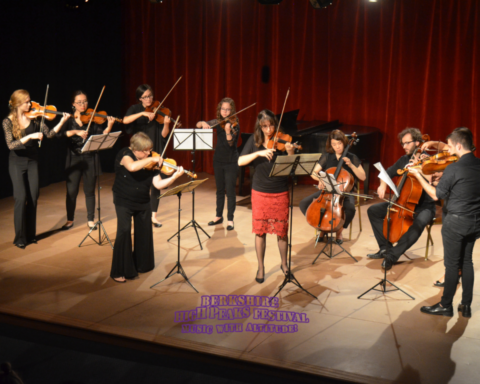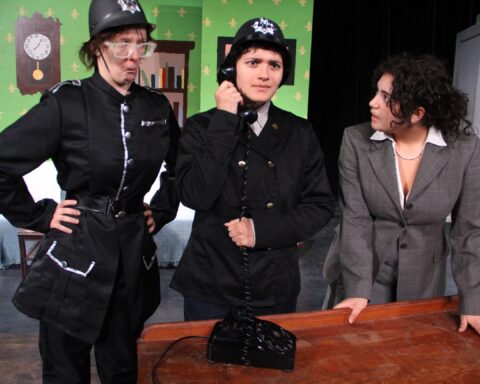Lawmakers in Massachusetts are considering legislation to ensure Education Support Professionals in public schools earn a living wage.
ESP’s do it all – teach, help students with special needs, clean classrooms and more. The bill would set a statewide salary of $45,000 for these workers.
Former Massachusetts ESP of the Year Joni Cederholm of Weymouth said it would change thousands of lives. After more than 25 years working, she brings home just $300 a week.
“We get poverty pay. We are in the poverty line,” said Cederholm. “We’re not even making enough money to live in our own communities where our own children go.”
Cederholm said ESPs are taking on larger roles in students’ social-emotional and academic learning, as well as discipline. She added too often, low pay is forcing educators to leave the profession and the students they care for.
Support staff across the Commonwealth have created a “Bill of Rights” to help them organize for better pay and benefits.
Organizers say ESPs in some districts often receive $0 paychecks due to the high cost of health insurance, while others take on additional jobs or visit food banks to survive.
Cederholm said an increase in pay is the only way to retain quality educators and improve public schools.
“One job should be enough,” said Cederholm. “We shouldn’t have to work three jobs and go to work exhausted in order to get ready for the next day to do two more jobs to live in our communities.”
U.S Sen. Edward Markey, D-Mass., has also introduced legislation to provide living wages and benefits for ESPs, bus drivers, custodial workers, and others who help keep schools running.
Cederholm said she hopes parents will get a better understanding of the value these people bring to their child’s learning experience – and support their campaign for better pay.

















